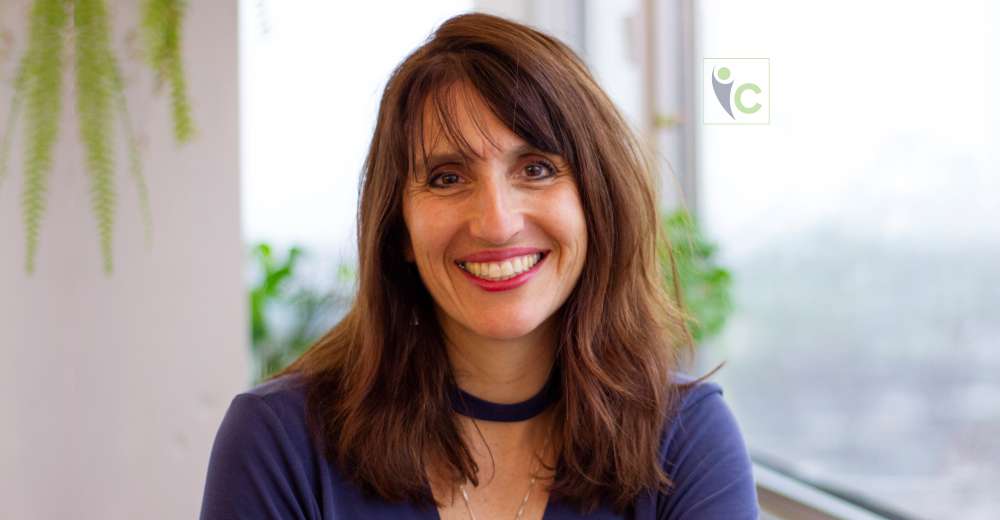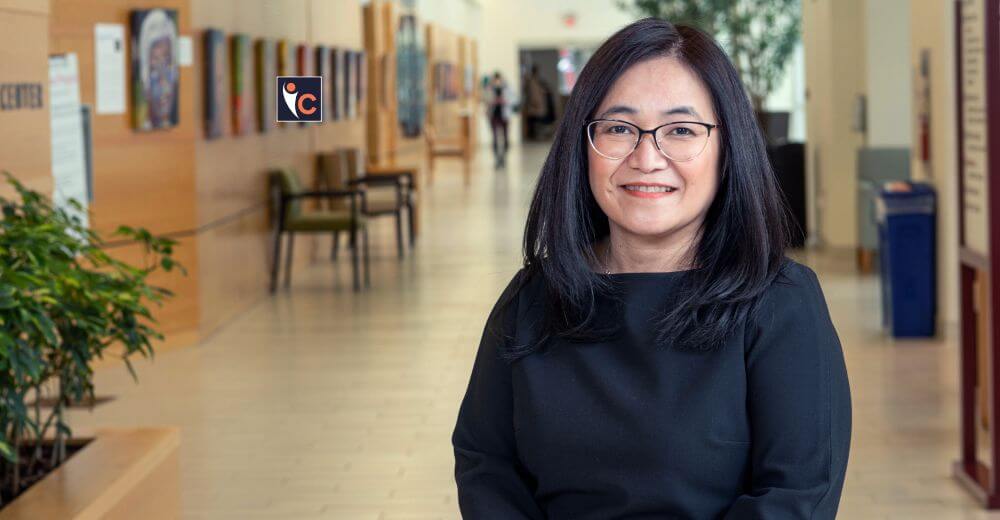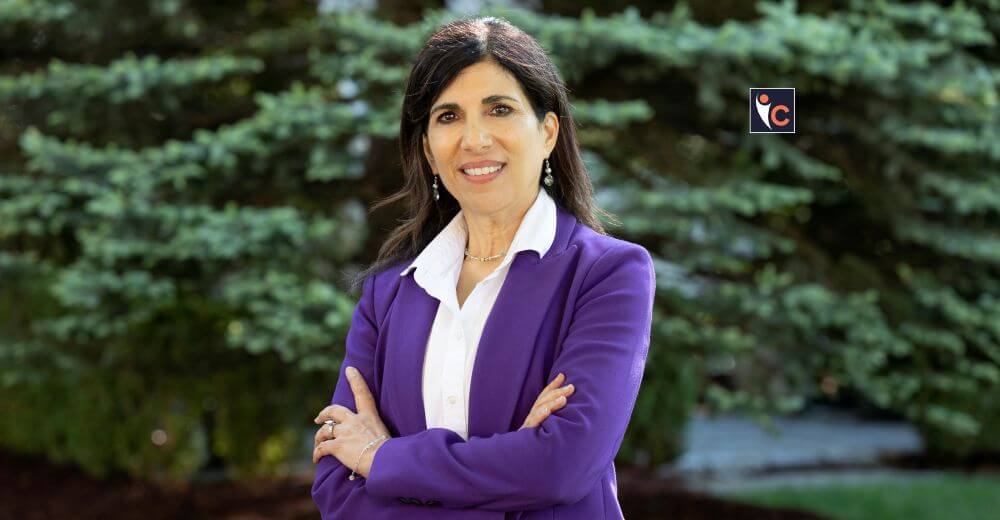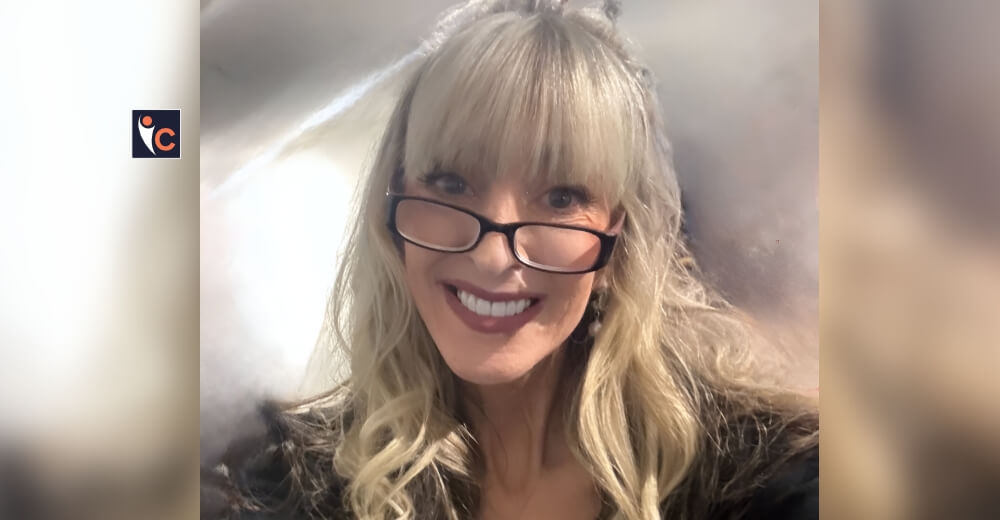The pandemic has really shone an evident light on the sheer necessity of having a robust, well-functioning home care services industry and the resources available to make that happen.
People are happier when they can age in their own place and get personalized healthcare services delivered at their home in personal space. The pandemic clearly exhibited that there’s just not enough people to work in the industry. It is essential to retain care workers and ensure that the job meets their needs and that it’s a positive and engaging environment.
AlayaCare, a provider of revolutionary cloud-based home health care software, is on a mission to help home and community care organizations deliver better client outcomes and improved employee experiences.
Headed by Naomi Goldapple, AlayaLabs, uses machine learning, optimization applications and AI to solve business challenges. She is passionate about how (good) data and technology can support the delivery of care to people in their homes around the globe.
In an interview with Insights Care, Naomi shares her journey and about the contribution of AlayaLabs to the home care industry.
Below are the highlights of the interview:
Give us a brief overview of your journey in the healthcare sector, and your role at AlayaLabs.
I joined the AlayaCare team in September 2019, and lead AlayaLabs, the company’s applied R&D arm. AlayaLabs’ strategy centres on leveraging emerging technologies such as machine learning, optimization algorithms and natural language processing, to name a few, to provide decisional support for users interfacing with AlayaCare platforms.
We harness the rich data that is collected and use data science techniques to transform both structured and unstructured data into actional insights that concretely improve health outcomes.
I have been in the technology industry for over 20 years starting with IBM but mostly in the start-up industry as both entrepreneur in the wellness space, and mentor for various technology companies.
Prior to AlayaCare, I worked with Element AI where I led the product and business development for AI products in the transportation and logistics sector. Through this experience and exposure, I felt that AI would best serve humanity in the health sector and home care is an industry ripe for innovation to solve pressing problems that have been highlighted during the pandemic.
Tell us more about AlayaLabs, its vision, and the key aspects of its stronghold in the Canadian healthcare industry.
AlayaLabs is unique in the industry in that we use data to power the R&D that benefits our clients and AlayaCare’s product journey. We support AlayaCare’s innovation strategy through applied research in machine learning and optimization applications.
We’re the bridge between what our clients need and what science can deliver. We can improve business efficiency, while addressing issues that have a major impact on organizations such as employee retention and hospital readmissions. Importantly, we can also leverage machine learning to optimize care planning and suggest pathways that may lead to a heightened quality of care.
What is your opinion on the necessity for healthcare service providers to align their offerings with modern technological developments, especially when it comes to catering to the ever-evolving patient needs and preferences?
It’s critical. From a client perspective, but also from the employee. From an agency perspective, a mobile app is an enormous factor in recruiting and retaining quality staff amid a shrinking talent pool. It’s about advanced cloud-based scheduling capabilities that pair clients and caregivers thoughtfully, promote consistent service, and offer transparency for care plans – ultimately boosting the quality of care and broadening the reach of these organisations. Technology shouldn’t be an ‘add-on,’ it should be fundamental to the care plan and home care agency operations.
What impact did the COVID-19 pandemic have on your organization’s daily operations? What efforts did you take to ensure safety of your employees at the same time?
We were able to transition our employees to work-from-home fairly and seamlessly. That said, the need for us to collaborate accelerated as we realized we needed to fast-track some of the work that we had in the innovation pipeline to help our clients serve those in their care.
As soon as the pandemic hit, we prioritized tools to support virtual visits and had that out within a month. We developed contact tracing supports for our clients so that they could ensure they could track back, if needed.
We also added mandatory COVID-19 screener questions to our platform for employee and patient safety. From an operations perspective, it was an intense period but really underscored the strength of our team and flexibility of the platform.
In your opinion, what could be the future of the healthcare services sector post the pandemic? And how are you strategizing to scale your company’s operations and offerings to be prepared for that future?
For AlayaCare, we’re focused on actioning innovation to bring value to clients. To a large degree, that work is dependent on data. When I think about being prepared for the future, I’d point to our newly created Vice President, Data position. It will ensure that AlayaCare and its clients can turn data-backed insights into action through compelling visualisation tools, benchmarking, and integration with AlayaLabs where insights and data propel the company’s AI and machine-learning capabilities.
We are unique in the industry that have an in-house R&D team, but also because we have home care data sets and can train models that are specific to our industry. That positions us today, but also well into the future, to partner with our clients to tackle their most pressing challenges and accelerate their growth.
If given a chance, what is the one thing that you would change about the global healthcare services ecosystem?
Protecting personal health data is extremely important, but the regulatory bodies that oversee the frameworks surrounding our data need to evolve at the pace in which technology evolves.
Advanced technologies allow Google, for example, to access my location whereabouts, exercise routines, connections, schedules, communications, and photos – yet it is difficult to get a copy of my own medical file, which seems ripe for thoughtful and careful disruption. Access to data is at the heart of innovation in artificial intelligence.
A more open and progressive attitude towards leveraging this data for technical advancement and wellness is needed.
As an established leader, what would be your advice to the budding entrepreneurs and enthusiasts aspiring to venture into the healthcare sector?
Technology can play a critical role in delivering care, and creating a workplace that attracts the best talent, but this velocity is more likely found outside of the public system. Governments need to adopt a more entrepreneurial attitude to drive better outcomes quicker, but regulatory legacy processes take time to change.
To the budding entrepreneur, patience is required but leveraging public and private partnerships, between hospitals and private industry for example, can accelerate the process in a meaningful way. There is so much to gain by creatively navigating and slowly changing the system.















